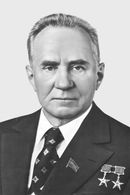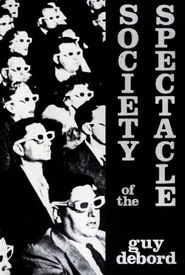Here is a biography of Aleksei Kosygin:
Aleksei Nikolaevich Kosygin was born on February 20, 1904, in St. Petersburg, Russia. His mother died when he was a child, and his father, Nikolai Kosygin, was a skilled technician who worked at the Lessner plant. Kosygin's education was affected by the Russian Revolution of 1917, and he joined the Labor Army led by Trotsky in 1919. He later joined the Soviet Communist Party in 1921 and graduated from the Leningrad Institute of Textile Industry in 1935.
Kosygin's career in government began in 1938, when he was appointed Mayor of Leningrad at the age of 34, becoming the youngest ever mayor of the city. His ability to find solutions in impossible situations caught the attention of Joseph Stalin, and he was appointed Vice-Chairman of the Soviet Government in 1939. During World War II, Kosygin played a crucial role in the Siege of Leningrad, designing and managing the "Road of Life" to supply the city with food and ammunition.
After the war, Kosygin continued to rise through the ranks of the Soviet government, becoming Premier of the Russian Federation in 1943. He served in this position until 1946, and then returned to the government in 1953, serving as Minister of Finance and later Minister of Light Industry. In 1957, Kosygin became a key supporter of Nikita Khrushchev, and he was rewarded with the position of Premier in 1964.
As Premier, Kosygin attempted to introduce economic reforms, but his efforts were blocked by hard-liners in the Soviet government. He also tried to improve living standards for the Soviet people, but his efforts were met with resistance from the Soviet leadership. Kosygin's relationship with Leonid Brezhnev deteriorated, and he was eventually pushed aside by Brezhnev and other hard-liners.
Kosygin was a strong opponent of the Soviet invasion of Afghanistan in 1979, and he warned the Soviet leadership against the war. However, his warnings were ignored, and the Soviet Union became embroiled in a costly and bloody conflict. Kosygin resigned from all government positions in 1980 and died on December 18, 1980.
Throughout his career, Kosygin was known for his intelligence, his ability to find solutions in impossible situations, and his commitment to improving living standards for the Soviet people. Despite his many achievements, Kosygin's legacy was often overshadowed by the more dominant figures of Stalin and Brezhnev.




















